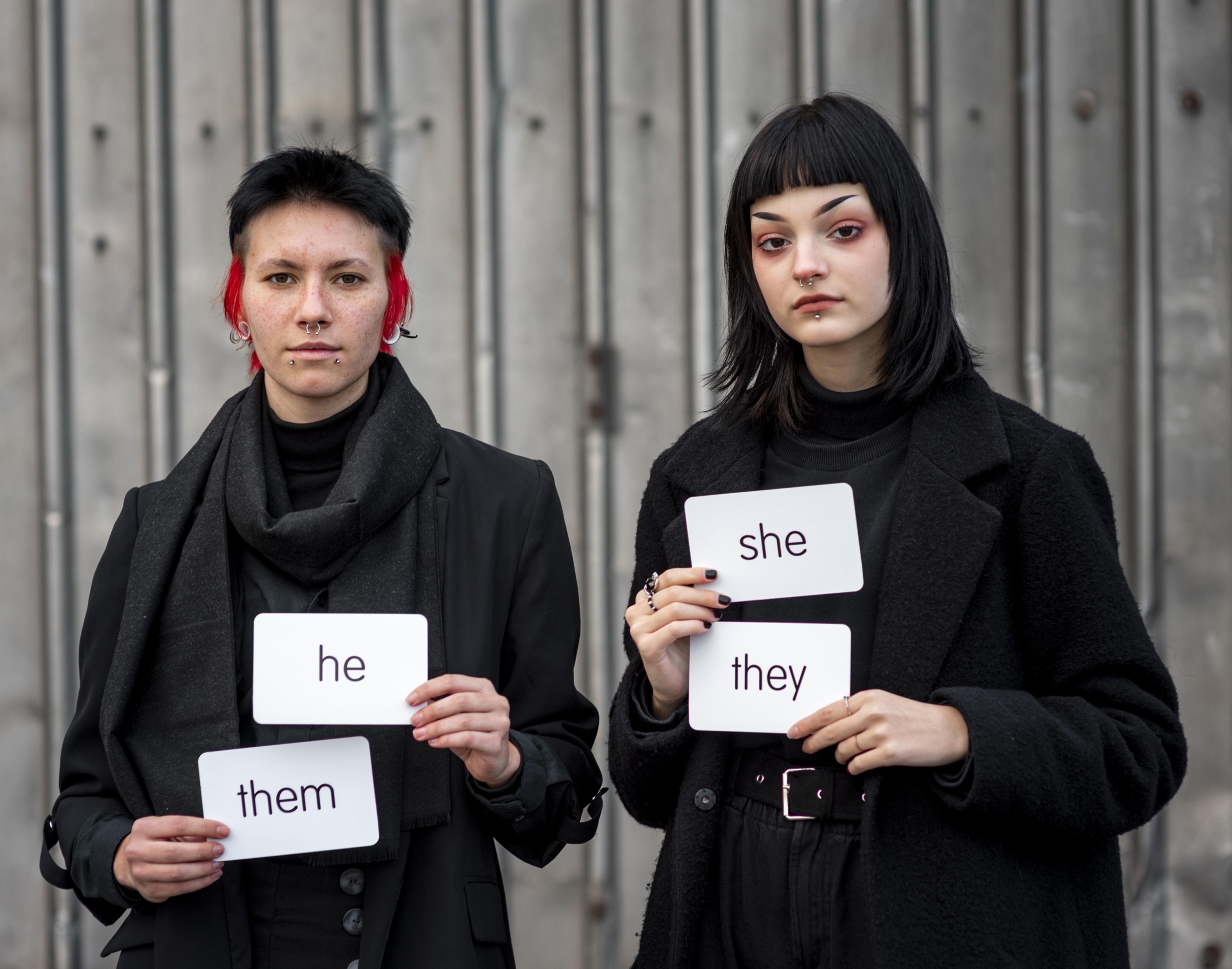Title: “Why ‘Bitches’ Are More Than Just a Word”
It’s a term that gets thrown around casually, yet it often carries layers of meaning and societal implications that can’t be ignored. “Bitches,” a word that many have reclaimed, thrown at us, or used to describe certain types of women. But, before you roll your eyes and scroll past, let’s talk about what this word really means in today’s world, why it gets used so often, and why it might just be time to rethink it entirely.
First off, let’s get one thing straight: “bitch” is a word with a lot of history. And no, not the fun kind. The word started off as a way to describe female dogs, and over time, it took a sharp, unflattering turn. In the 16th century, calling a woman a “bitch” was, well, just downright offensive. It was a term used to diminish women, box them into a stereotypical, inferior category. Fast-forward to the 21st century, though, and we see that “bitch” is now a loaded term—one that’s been rebranded, for better or worse.
Somewhere along the line, women decided, “You know what? I’m gonna take this word, and I’m gonna own it.” Enter the era of “bad bitches,” and suddenly, the word no longer feels like an insult. When you see women like Megan Thee Stallion rapping about “bad bitches” and living their best lives, it becomes clear that there’s a reclaiming happening. It’s a bold move, almost like saying, “You think I’m difficult? Fine, I’ll be that—and more.”
But why does it still rub some people the wrong way? Why are some girls still hesitant to embrace the title, even if it’s thrown around by pop culture icons, influencers, and rappers? Well, here’s the thing: the word “bitch” carries baggage. It’s not always empowering. In fact, it can still feel pretty damn derogatory when used with the wrong intention. Call a girl a “bitch” in the wrong context, and it instantly evokes images of high school drama, mean girls, and toxic femininity. And let’s be real—nobody wants to be caught in that mess.
Now, let’s talk about one of the most interesting facets of this word’s evolution: the dichotomy. There’s a clear line between women who embrace the term and those who recoil from it. Influencers like Corinna Kopf and Breckie Hill—whose social media presence often centers around being unapologetically themselves—are prime examples of this shift. Their bold, often brash personas play with the idea of being a “bitch” in a way that feels empowering, funny, and fierce. But let’s be real: not everyone feels like “bitch” is a word they want to wear like a badge of honor.
And that’s okay.
The problem, however, comes when we apply the word to describe all women in a generalizing, judgmental way. When we call someone a “bitch” just because they’re assertive, or when it’s used to describe someone who’s confident but maybe doesn’t play by traditional “nice girl” rules, that’s when the term loses its power. It’s no longer an empowerment move, it’s a critique—an attempt to tear down someone for simply being themselves. This is where the conflict between empowerment and insult lies.
The deeper question here is: why are women still called “bitches”? What does it say about how society views women who don’t conform to the expectations placed upon them? The truth is, many people are uncomfortable with women who don’t apologize for their confidence, or worse, women who dare to take up space. The word “bitch” has often been used to belittle these women, to put them in their place, as if to say, “No, you don’t get to be this bold.”
But here’s the thing. The more we embrace our “bitch” energy, the more we can shift the meaning of the word. After all, who made the rule that being a “bitch” means being mean, petty, or vindictive? What if, instead, being a bitch just means standing up for yourself, being unapologetically ambitious, or speaking your mind even when it makes others uncomfortable?
As a society, we need to learn to stop using the term as a form of punishment for women who step outside of traditional expectations. We need to stop calling women “bitches” simply for daring to exist on their own terms. Instead, we can celebrate the many versions of femininity that are unapologetically bold, complex, and diverse.
Let’s start by recognizing that “bitches” aren’t just the ones who’ve made it big in pop culture—they’re anyone who dares to defy the narrow box society has put them in. We’re all “bitches” when we’re unapologetically ourselves, regardless of whether we wear it with pride or with a sigh of frustration.
In the end, the word “bitch” is going to mean whatever we let it mean. So, how about we choose to make it a symbol of strength, confidence, and the refusal to be anything less than our boldest selves? After all, the world doesn’t need any more “nice girls” who shrink in the face of expectation. It needs more women who speak their truth, stand tall, and, yes, even let their inner “bitch” shine.


